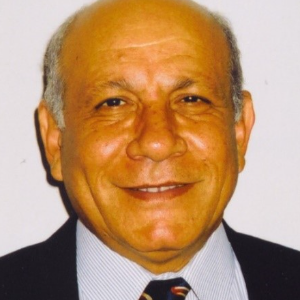Formation evaluation is used in petroleum exploration and development to determine a borehole's ability to produce petroleum. It is essentially the process of "recognizing a commercial well when drilling one." The investigation of subsurface formation properties such as lithology, porosity, permeability, and saturation using methods like wireline well logging and core analysis is known as formation evaluation.
Pore pressure, kick tolerance, casing functions, casing design, and cementing are the main components of well engineering. Drilling and petroleum engineering are sometimes addressed.
Well engineers can experiment with different methods of drilling into oil reservoirs to ensure that all available reserves are extracted. A well engineer is a licensed professional who designs, constructs, and maintains oil and gas wells.
- Formation Evaluation Tools
- Coring
- Mud Logging
- Wireline Logging
- Electric Logs
- Porosity Logs
- Lithology Logs - SP And Gamma Ray
- Challenges Faced by Well Engineers

Anthony J Sadar
Environmental Science Communication, LLC, United States
Selim Sanad Shaker
Geopressure Analysis Services, United States
Sharma Dronamraju
AKD Professional Solutions Inc., United States
Ross Cygan Taylor
North Sea Transition Authority, United Kingdom
Saleh Alqahtani
Saudi Aramco, Saudi Arabia
Abdulrahman Bahashwan
Saudi Aramco, Saudi Arabia



Title : The Vacuum Insulated Heatable Curtain (vihc): From conceptual invention to market deployment as a cost-effective dual solution for window heat loss reduction and localised radiant comfort
Saim Memon, Sanyou London Pvt Ltd, United Kingdom
Title : Transforming waste plastic into hydrogen: Progress, challenges, and future directions in pyrolysis-based integrated pathways
Nur Hassan, Central Queensland University, Australia
Title : Unlocking UKCS potential through collaborative well interventions
Ross Cygan Taylor, North Sea Transition Authority, United Kingdom
Title : Driving excellence in marginal field development and operations through an integrated smart strategy to unlock challenging sour oil
Sharina Al Muhairi, ADNOC Onshore, United Arab Emirates
Title : Innovative solutions for accurate and efficient gas monitoring
Raysa Bani Ibrahim, Abu Dhabi National Oil Company, United Arab Emirates
Title : Innovative solutions for accurate and efficient gas monitoring
Mariam Alzaabi, Abu Dhabi National Oil Company, United Arab Emirates